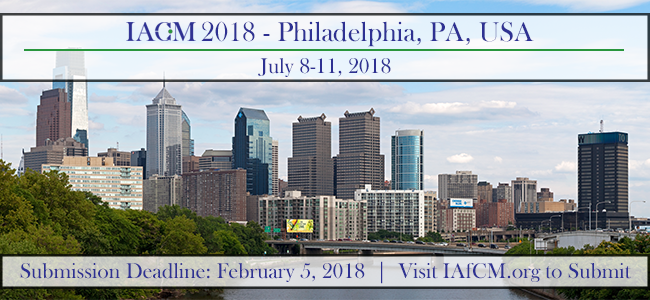Full Program »
“Tell it like it is?” Political ideology moderates evaluations of politically correct language
“Political correctness” was originally used to curb deviance from the party line, but more recently encourages sensitive language toward disempowered groups. Drawing from the literature and using people’s own definitions, we define political correctness as “the censoring of expressions to avoid being perceived as insensitive to the feelings of others, especially people who seem socially disadvantaged.” We explore how using politically correct and incorrect language creates conflicting attributions toward communicators. Six experiments demonstrate that communicators who use politically correct (versus politically incorrect) language appear warmer (more likable), but also less authentic (more susceptible to external influence). These perceptions are moderated by perceivers’ political ideology: Liberals drive the effect of language use on perceptions of warmth, whereas conservatives drive the effect on perceptions of authenticity. Evaluations of communicators depend not just on how much they adhere to political correctness but also on the political ideology of the audience.
